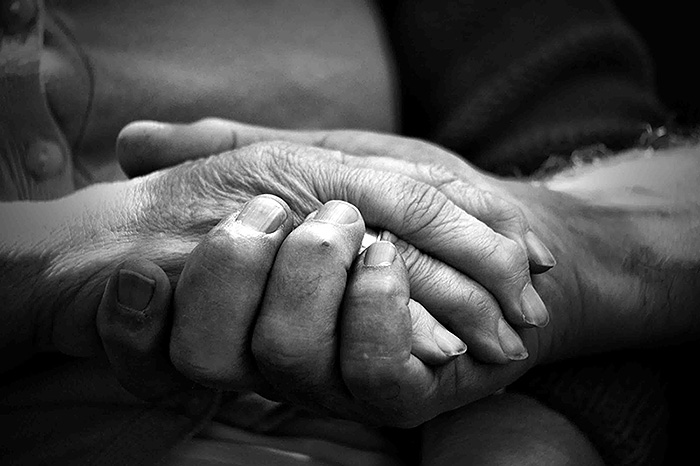To prevent future attacks, your doctor can prescribe a medicine to reduce uric acid buildup in your blood.
Diet
Paying attention to what you eat may help you manage your gout. Eat moderate amounts of a healthy mix of foods to control your weight and get the nutrients you need. Limit daily intake of meat, seafood, and alcohol (especially beer). Drink plenty of water and other fluids.
Excess consumption of alcohol (and especially beer) and binge drinking are linked to gout, so suffers should limit their alcohol intake to a standard drink a day, and preferably stick to wine. During an acute attack of gout, it is best to cut out alcohol altogether.
Coffee is more confusing. Both regular and decaffeinated coffee may lower your uric acid level and reduce your overall risk of gout. However, a sudden large intake may actually trigger an acute attack. If you choose to drink coffee, keep to a regular daily intake of no more than four cups.
The good food
While purine-rich foods and alcohol are to be avoided, some foods may actually be good for patients with gout. “A popular remedy is the cherry cure,” says body+soul naturopath expert Mim Beim. “Cherries contain anthocyanidins which help lower uric acid. Eat a cup of cherries, either fresh or canned, each day. Strawberries and blueberries are also good.”
She also says herbs that increase uric acid excretion include nettle leaf, gravel root, parsley, celery seed and birch. “Drinking herbal tisanes containing nettles helps rid the body of excess uric acid. And a juice made of two-thirds carrot, one-third celery and several sprigs of parsley may help relieve the inflammation during an attack.”
Overall, gout suffers can take heart. Healthy lifestyle choices combined with a correct treatment program should mean that gout can be successfully managed.
